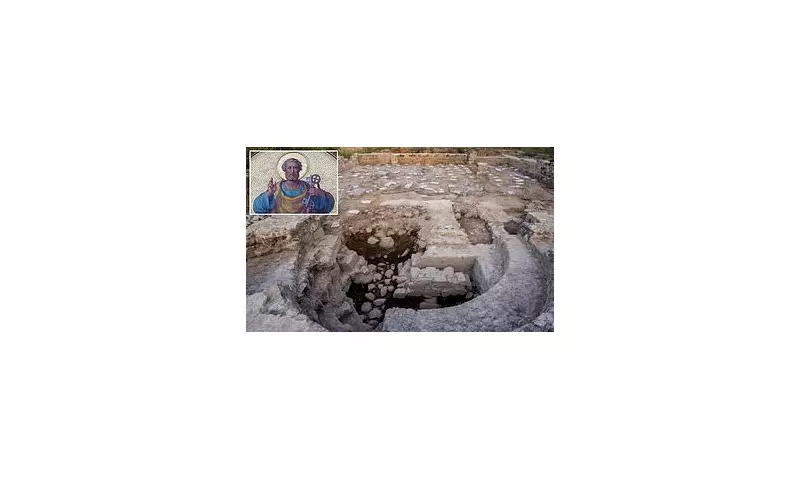
In a remarkable archaeological breakthrough, researchers in Israel have uncovered what they believe to be the ancient village of Bethsaida – the birthplace of Jesus' apostles Peter, Andrew, and Philip. This discovery aligns with biblical accounts and sheds new light on the lives of these pivotal figures in Christianity.
A Biblical Mystery Solved
For decades, scholars have debated the exact location of Bethsaida, a fishing village frequently mentioned in the New Testament. Now, excavations near the Sea of Galilee have revealed compelling evidence, including Roman-era structures and fishing equipment, that strongly suggest this is the lost village.
Key Findings at the Site
- Roman-era houses: Well-preserved dwellings with typical 1st-century architecture.
- Fishing tools: Nets, hooks, and weights confirming the village's fishing industry.
- Religious artifacts: Items suggesting Jewish inhabitants during the time of Jesus.
Connecting Archaeology and Scripture
The Gospel of John specifically mentions Bethsaida as the hometown of apostles Philip, Peter, and Andrew. This discovery provides tangible evidence supporting these biblical accounts, offering historians a clearer picture of where these key disciples lived before following Jesus.
Dr. Mordechai Aviam, the lead archaeologist on the project, stated: 'This is one of the most significant New Testament-related discoveries in recent years. We've found not just any village, but the very place where Jesus called his first disciples.'
What This Means for Biblical Studies
- Confirms historical accuracy of certain Gospel accounts
- Provides context for understanding the apostles' backgrounds
- Offers potential for future discoveries about early Christianity
The excavation team plans to continue their work at the site, hoping to uncover more about daily life in this important biblical location. Their findings could reshape our understanding of Christianity's earliest days.





